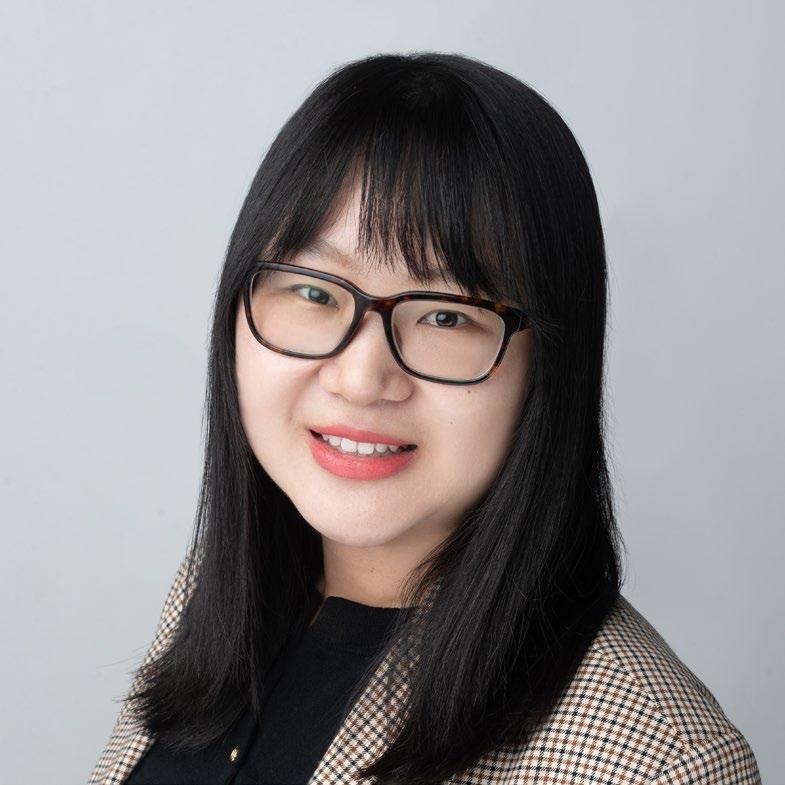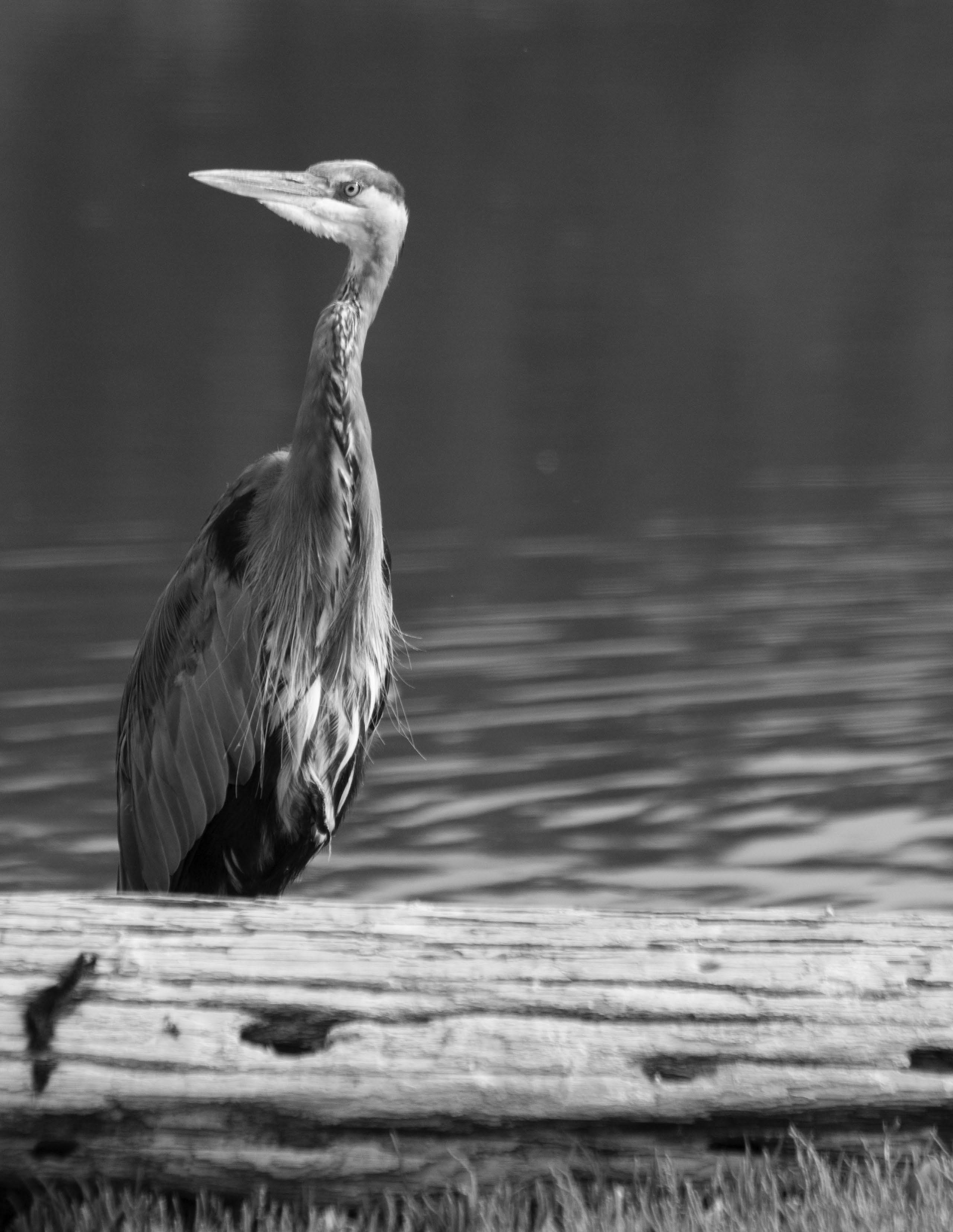
2 minute read
Introducing New College Staff and Editorial
Introducing New College Staff and Editorial Board Member

Stephani Horstman is a second-year law student at University of Victoria Faculty of Law. She is working at the College during the Fall of 2022 as part of the law co-op program. The first project she has been working on is updating the Bylaws to comply with the Professional Governance Act amendments that went into effect in June 2022. The second is developing a framework for an upcoming legal requirements course for applicants to the College.
Stephani is working on her Concentration in Environmental Law and Sustainability (CELS). In addition to CELS and the co-op program, she is involved in many law clubs, such as the Environmental Law Club, Animal Law Club and is co-president of the UVic chapter of OUTLaws. Stephani is also on the organizing committee for the annual Indigenous Perspectives Camp. She earned her Bachelor of Science in Computer Science and Mathematics from Montana State University in 2012. After working as a software developer in both Canada and the US, she applied for law school with the goal of working in legislation and policy related to biodiversity.
Stephani is a recent immigrant to Canada and lives with her wife and two pet rabbits on Vancouver Island. She loves all things in nature (except ticks) but has a special interest in salmon and fungi. Cheng Kuang, RBTech, is a water quality consultant with Lorax Environmental Services Ltd., who resides in Vancouver, BC. She is a new registrant with the College, currently serving as a member of the Editorial Board Working Group. She will be responsible for soliciting articles from potential contributors for publication in College Matters and providing support in the editorial review process.
Cheng is an environmental scientist and chemical oceanographer by training. Her graduate research explored biogeochemical processes that govern trace metal and nutrient cycling in coastal waters. Her work at Lorax is focused on evaluating the impact of mining practices on aquatic health and surface water quality. She has been involved in projects related to baseline monitoring, environmental effects assessment, development of site-specific water quality targets and mine closure planning.
Cheng moved to BC from China in 2011 to pursue a degree in Environmental Sciences. After graduation, she was motivated to build a career that helps industries and communities lower their environmental impact, protect aquatic habitats and conserve natural resources. In her free time, she enjoys reading and exploring the wilderness of BC.
The College of Applied Biologists Editorial Board Working Group is not attempting to define Indigenous Knowledge in presenting these feature articles. Rather, the feature articles present work which aligns with some existing definitions of Indigenous Knowledge. The College recognizes and respects that Indigenous Knowledge and professional applied biology are complementary practices in stewarding and protecting our natural resources.









